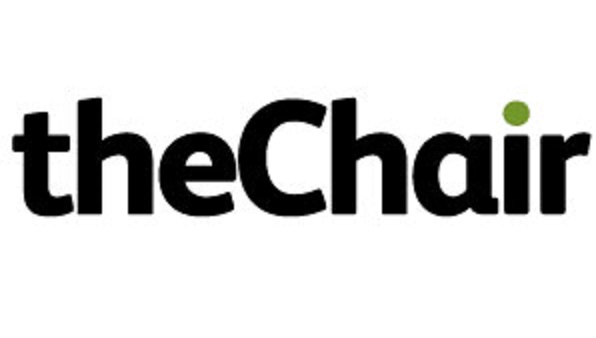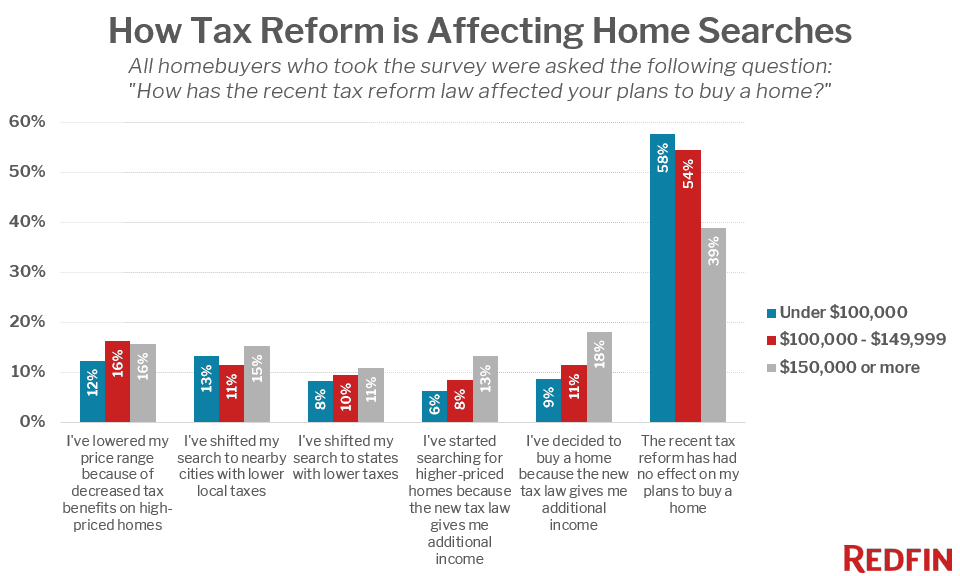
Two of the largest credit companies in the nation illegally charged customers for credit repair services and used deceptive advertising to trick and cheat consumers, the Consumer Financial Protection Bureau claims.
The CFPB this week filed a lawsuit against CreditRepair.com and Lexington Law, which the bureau claims are two of the country’s largest credit repair companies, alleging that the companies violated the Telemarketing Sales Rule by requesting and receiving payment of prohibited upfront fees for credit repair services.
The lawsuit also claims that the companies violated the Consumer Financial Protection Act by making false claims in its ads, or by “substantially assisting” others in doing so.
The lawsuit also names sever other companies, all of which are either related to or associated with the consumer-facing outlets CreditRepair.com and Lexington Law.
The CFPB lawsuit names PGX Holdings and subsidiaries Progrexion Marketing, Progrexion Teleservices, eFolks, and CreditRepair.com; and against John C. Heath, Attorney at Law, which does business as Lexington Law.
The companies’ relationships are complicated with different subsidiaries performing operations on behalf of other companies, and in the case of Lexington Law, Progrexion conducts most of Lexington Law’s core business operations, but Heath, operating as Lexington Law Firm, serves as the face of Lexington Law, according to the CFPB.
The companies also allegedly use each other as lead-generation outlets for credit repair services, and that, according to the CFPB, is where the issues begin.
“Defendants operate two of the largest credit repair companies in the country, Lexington Law and CreditRepair.com. They market their services through various media, including online and over the telephone, offering to help consumers remove negative information from their credit reports and improve their credit scores,” the CFPB said in its lawsuit.
“Consumers sign up for Defendants’ credit repair services and pay hundreds of dollars in fees seeking to improve their credit scores and get better access to credit products, on better terms,” the CFPB continued.
To generate business, the companies allegedly use a network of marketing affiliates that advertise a variety of products and services, often related to consumer credit products, the CFPB said.
But that advertising isn’t always on the up and up, the CFPB claims.
“Progrexion’s marketing affiliates have used deceptive, bait advertising to generate referrals to Lexington Law’s credit repair service,” the CFPB said.
In one example, one of Progrexion’s “most productive marketing affiliates falsely advertised” that it guaranteed “ANYONE a 0-3.5% Down Home Loan no matter how bad their Credit is when we start!”
But, according to the CFPB, the affiliate did not provide any loans at all. Rather, interested consumers were told that in order to participate in the (non-existent) loan program, they had to sign up with Lexington Law.
According to the CFPB, the Progrexion companies paid this marketing affiliate for each credit repair sale that resulted from its efforts, despite knowing that it engaged in deceptive practices.
Beyond that, the companies also allegedly violated the law by demanding and accepting payment upfront for certain credit repair activities.
As the CFPB states, federal law forbids requesting or receiving payment upfront for certain telemarketed credit repair services. Specifically, if a company offers services claiming to remove derogatory information from, or improve, a person’s credit history, credit record, or credit rating, fees can only be collected after a certain period of time has elapsed and it has been demonstrated that the promised results have been achieved.
But according to the CFPB, Progrexion companies charged consumers when they signed up for their credit repair services and on a monthly basis thereafter, ignoring the appropriate waiting period and without demonstrating that the promised results were achieved.
According to the CFPB, Progrexion makes most of its money by selling the credit repair services offered by Lexington Law.
And the company sells those services by working with “affiliates” that send business to the companies through several methods, including a “hotswap” call program.
Through this program, the Progrexion companies partner with companies that offer certain products such as rent-to-own housing contracts, mortgages, auto loans, or personal loans.
The affiliates market their loans through inbound and outbound calls. During those calls, the affiliates identify consumers who could potentially be in need of credit repair services.
While those people are still on the phone, their call is transferred from the affiliate to one of the Progrexion companies so the company may begin selling their credit repair services. This call transfer is called a “hotswap.”
According to the CFPB, the hotswaps usually happen directly after a caller has been denied a loan.
“The Hotswap Program is intended to convince consumers to purchase credit repair services when they have been denied a product or service they wanted,” the CFPB said. “According to Progrexion’s website, ‘This call-based program is so effective because it connects people to credit repair at the moment they’ve been denied credit.’”
According to the CFPB, a “significant amount” of the companies’ credit repair business is generated through these hotswaps.
In other instances, some of these affiliates used “advertisements that included fake real estate ads, fake rent-to-own housing opportunities, fake relationships with lenders, false credit guarantees, and false and unsubstantiated statements about past consumer outcomes,” along with “false and unsubstantiated statements about consumers’ likelihood of success in obtaining products and services such as rent-to-own housing contracts, mortgages, or personal loans,” as enticements to try to get consumers to call in.
In one case, one of Progrexion’s most prodigious lead sources was a company that supposedly offered low-interest mortgages, access to rent-to-own housing, and other products or services, but in reality did not provide any such products or services.
According to the CFPB, the company admitted that it simple acted as an “affiliate call center that transfers potential clients to Lexington Law.” The unnamed company was responsible for sending Progrexion more than 100,000 people who signed up for credit repair services over a five-year period.
The CFPB is suing the Progrexion companies to stop them from “engaging in ongoing, unlawful practices that harm consumers nationwide by charging consumers unlawful advance fees in connection with credit repair services and by marketing and telemarketing those services through deceptive representations, and to obtain relief for consumers who were harmed by these practices.”






